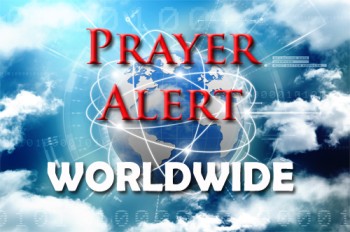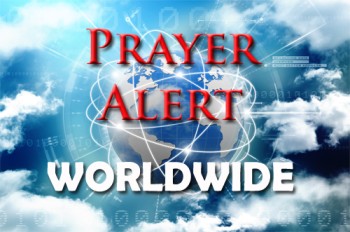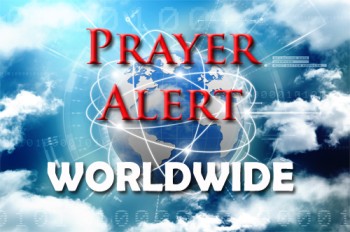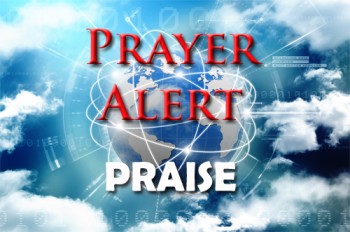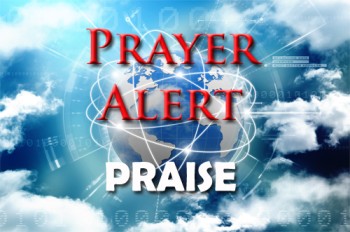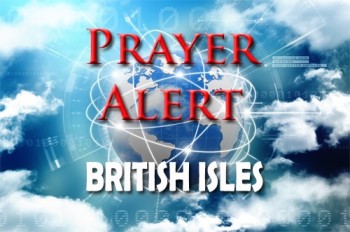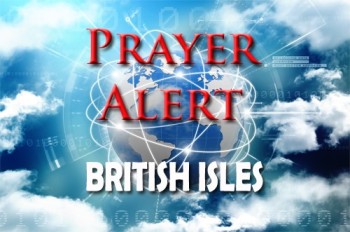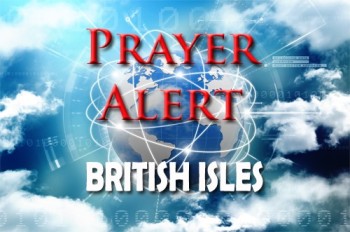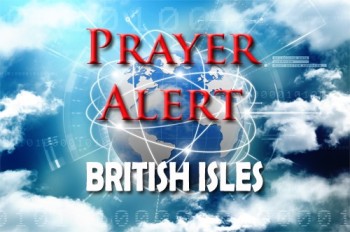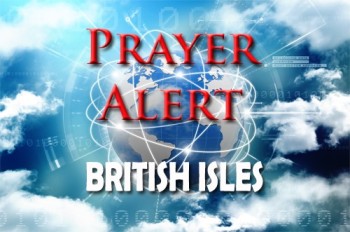Uganda: opposition leader ordered to appear in court
On 11 February a magistrate’s court ordered opposition leader Dr Kizza Besigye to appear and explain his absence in a case where he is accused of inciting violence during 2022 protests against rising living costs in Kampala. In a handwritten letter, Dr Besigye had stated he was ‘currently indisposed’. The magistrate emphasised the importance of personal liberty and scheduled the next hearing for 14 February. Notably, it was observed that there is no remand warrant currently justifying his detention, indicating he is being held without clear legal grounds. This development follows a recent supreme court ruling halting the trial of civilians in military courts. Dr Besigye has begun a hunger strike to protest against his continued detention, and there are concerns about his health: see
Global: Trump’s decision could be a death sentence for many women
Donald Trump’s reinstatement of the Global Gag Rule (GGR) has sparked widespread concern among activists and NGOs, who warn it will severely restrict healthcare access for women worldwide. The policy bars organisations receiving US funding from providing or advocating for abortion, even with their own funds. Many healthcare groups now face the impossible choice of losing critical financial support or restricting life-saving care. The impact is expected to be devastating. One NGO estimates that there will be 2.4 million unintended pregnancies and increased maternal deaths due to unsafe abortions. In Zimbabwe alone, service cutbacks will result in 460,000 unintended pregnancies and 1,400 preventable maternal deaths. The rule has also led to widespread clinic closures, reducing access to contraception, maternal care, and HIV testing. With US foreign aid frozen and USAID dismantled, the humanitarian fallout is severe.
Ecuador: presidential election heads for runoff
Ecuador’s presidential election is headed for a runoff on 13 April. With 80% of the votes counted in the first round, incumbent president Daniel Noboa has secured 44.4%, and opposition candidate Luisa Gonzalez 44.1%. Gonzalez, a protégé of former president Rafael Correa, saw a surge in support, surprising analysts: Noboa, a wealthy businessman who took office 14 months ago, had hoped to avoid a runoff by winning outright. His tenure has been marked by an aggressive crackdown on violent crime, deploying the military and declaring a state of emergency. Supporters praise his strong-handed approach, but human rights groups allege abuses. As Ecuador faces economic uncertainty and a growing security crisis, the nation remains divided.
Egypt: Christian convert freed after three-year imprisonment
Egyptian authorities have released Christian convert Abdulbaqi Saeed Abdo, who spent three years in prison for discussing Christianity online. Abdo, a husband and father of five, fled Yemen after facing death threats for leaving Islam and sought asylum in Egypt. Arrested in 2021, he was detained for participating in a private online group about Christianity. His imprisonment involved multiple transfers, poor health, and a hunger strike in protest at his conditions. Abdo expressed gratitude for those who prayed and advocated for him, stating,'It isn’t right that a government should tear me away from my family for my faith’. Although released, his legal case remains unresolved. His son, Husam Baqi, condemned religious persecution, emphasising that freedom of belief should be a basic right. ADF International has submitted his case to the UN, calling his imprisonment a severe human rights violation. Stanford fellow Ayaan Hirsi Ali called his treatment 'grotesque’.

